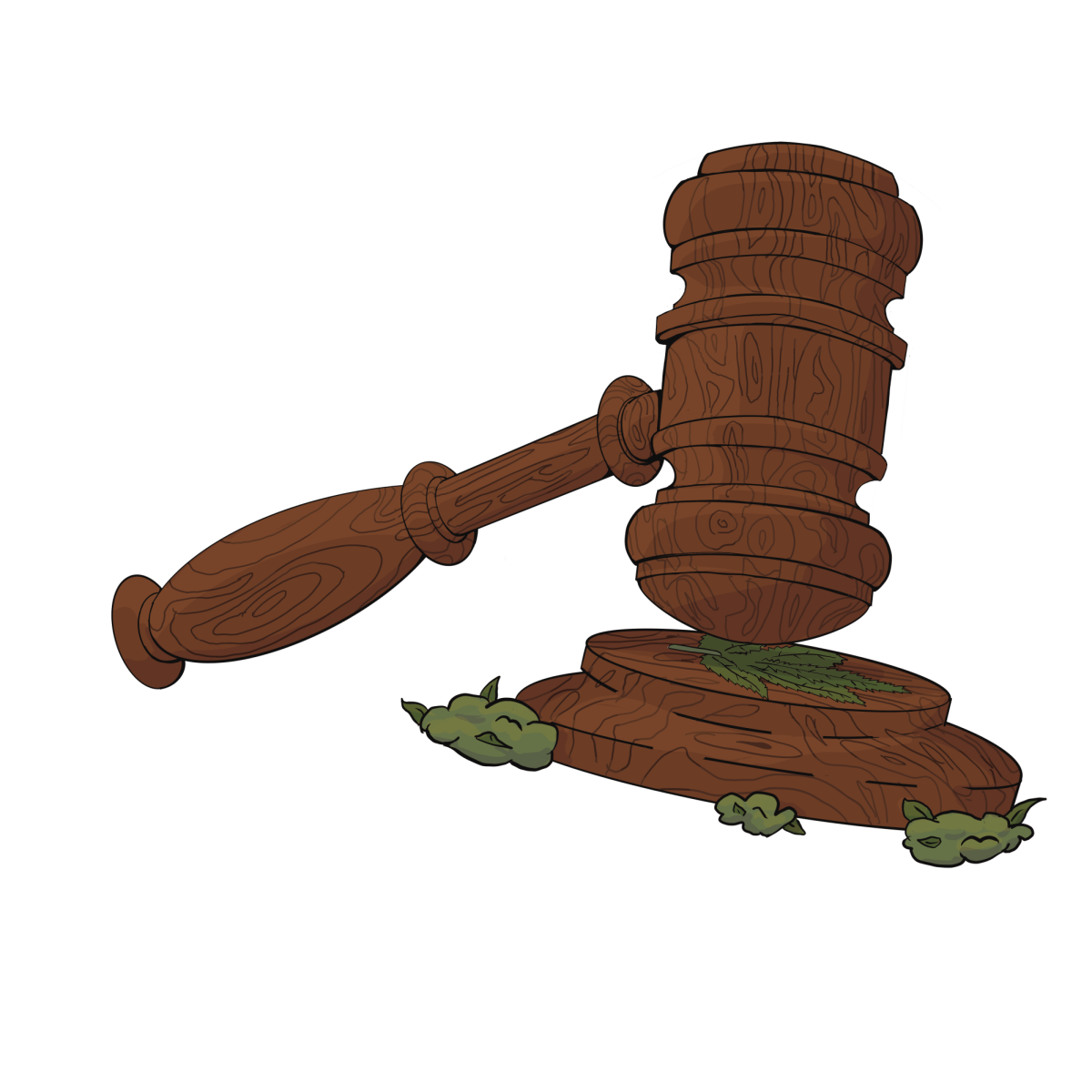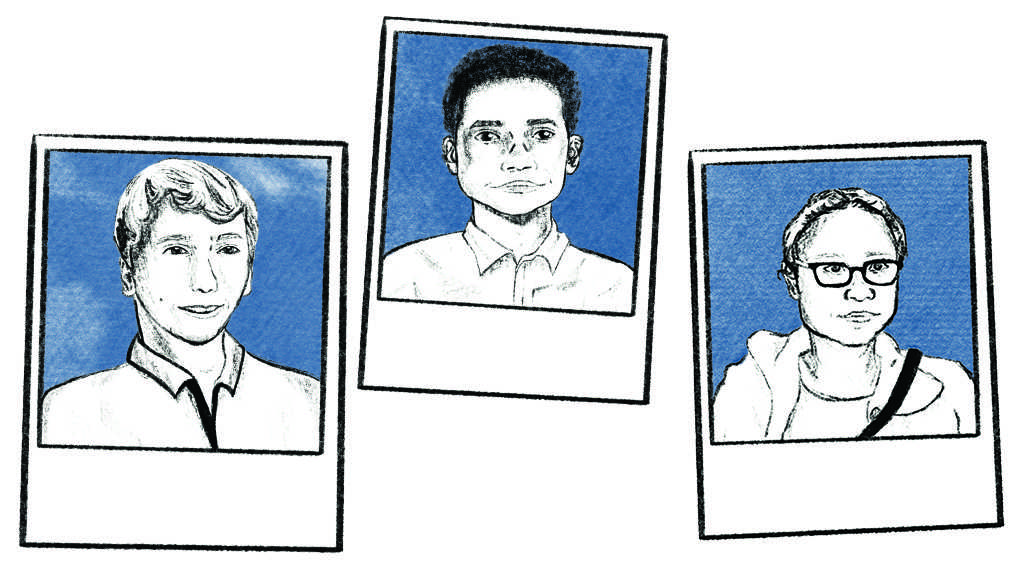“We hold these truths to be self-evident, that all men and women are created equal.”
-Deccelaeration of Sentiments , Elizabeth Cady Stanton 1848
Clad in their work uniforms, women of all professions—nurses, teachers, homemakers, farmers, and more—marched five thousand strong down Pennsylvania Avenue. Having advanced just a few blocks, their peaceful protest soon turned violent as men blocked the streets shouting at, grabbing and tripping the protesters.
This was the March 3, 1913 Women’s Suffrage Parade. One hundred and one years later, it seems as though a lot has changed; Women have the right to vote, the choice to be a homemaker or a working woman (or both!) and greater social privilege. From the outside looking in, it appears as though Stanton’s 1848 proclamation finally rings true. But things are hardly ever what they seem.
We live in a society where women hold fewer than nineteen percent of all Congressional positions, where sexist words like “bitch”, “cunt” and “pussy” are still—for some reason—part of colloquial conversation, and where any woman who points out these facts is usually met with the cheerful “but look how far women have come!” sentiment. As if we’ve already come far enough.
March is National Women’s History Month, a time dedicated to looking back at history’s most influential women: Harriet Tubman, Susan B. Anthony, Marie Curie and countless more. This March, however, I also urge you to look forward and envision a culture that’s truly equal. Image a society where victims of rape—and I mean all types of rape, not just the rare, violent, dark-ally variety—are taken seriously. Imagine a society where women fill roughly fifty percent of all Fortune 500 CEO positions (and where today’s figure of five percent seems shameful and embarrassing). Imagine a society where the words “woman” and “leadership” go hand in hand; where gender bias isn’t just unspoken, it doesn’t exist. In an Implicit Association Test conducted by Stanford University, researchers found that the average person more easily associated words like “governor”, “president” and “executive” with male names and “assistant”, “secretary” and “aide” with female names.
So if you think discussion of equal rights is simply a thing of women’s history, think again. Gender bias and discrimination is still prevalent in our society; all it takes is a good look around. Spend some time this month actively trying to identify these discrepancies. It’ll probably be easier than you think.






